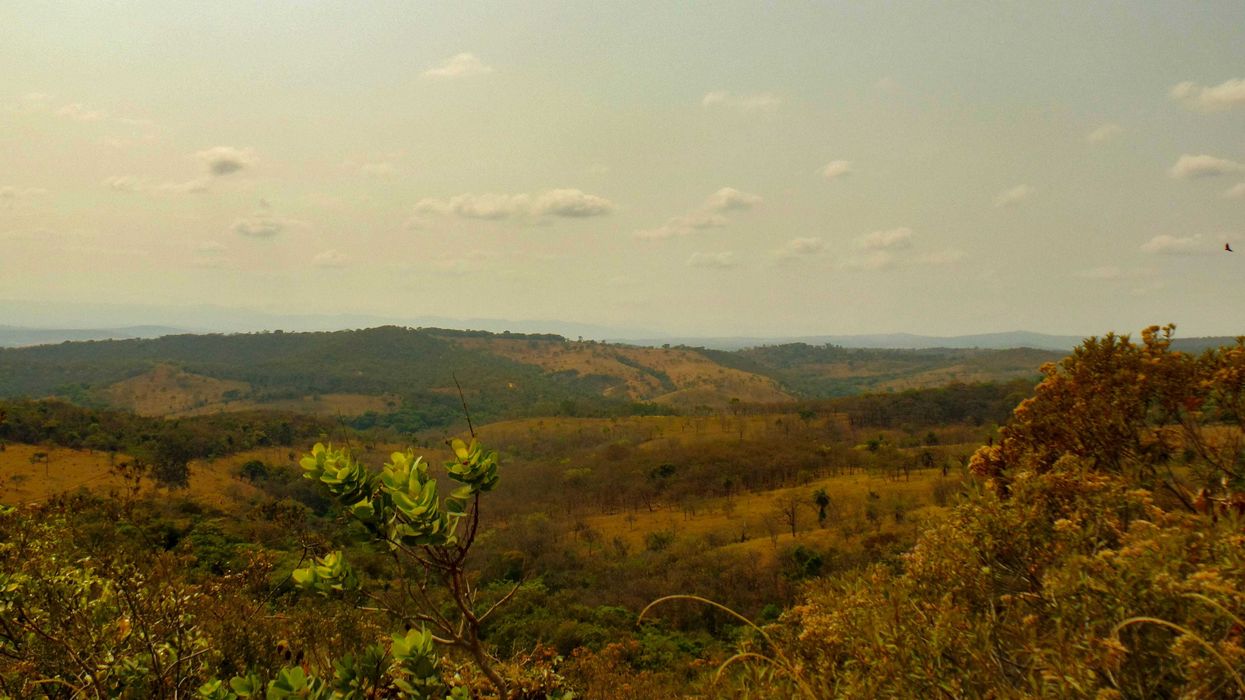Early exposure to ozone pollution is tied to a higher risk of asthma and wheezing in young children, but that link disappears in older kids, according to new research.
Erin Blakemore reports for The Washington Post.
In short:
- Children exposed to ground-level ozone between birth and age 2 had higher odds of developing asthma and wheezing by age 4.
- The study tracked 1,188 children across five states, finding that every 2 parts per billion (ppb) increase in ozone raised asthma risk by 31 percent.
- The association between early ozone exposure and asthma was not seen in children aged 8 to 9, a result researchers called “puzzling.”
Key quote:
“Even if we only see the effects early in life, there are still all kinds of associated health care costs and stresses for families.”
— Logan Dearborn, study leader and doctoral student at the University of Washington
Why this matters:
Ground-level ozone is a common air pollutant created when emissions from cars, power plants, and other sources react with sunlight. Unlike the protective ozone high in the atmosphere, this kind of ozone is harmful when breathed, especially for children, whose lungs are still developing. Because their airways are smaller and they breathe more rapidly than adults, young kids absorb more pollutants relative to their body weight. This makes them more vulnerable to respiratory conditions, including asthma — a disease that affects millions of children in the U.S. Early-life exposure to even low levels of ozone can trigger inflammation and impair lung function, setting children up for chronic health issues.
Related: Rising ground-level ozone pollution worsens with climate change, threatening health and crops














